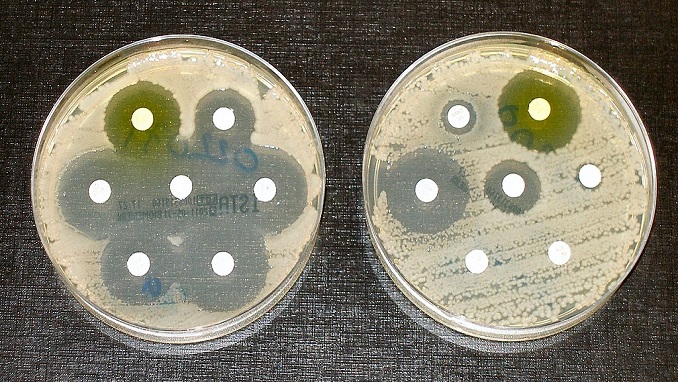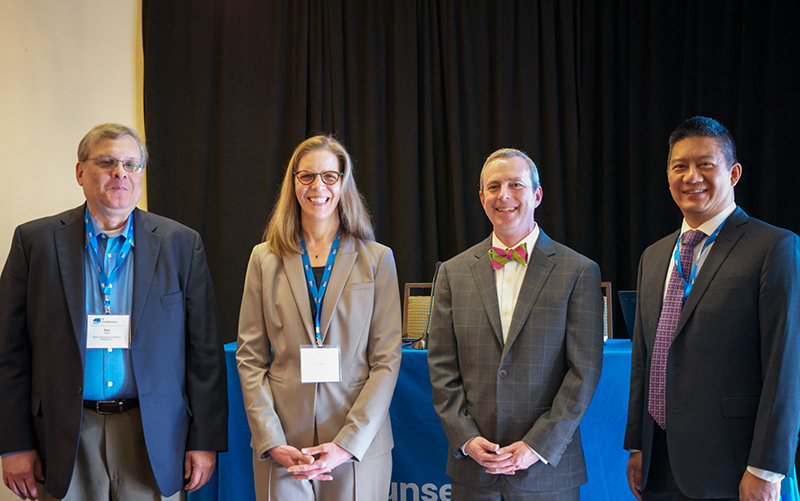The development of vaccines targeting COVID-19 was remarkably swift, but it’s taking longer to respond to “the silent pandemic” of antimicrobial resistance.
As World Antimicrobial Resistance Awareness Week comes to an end, a new episode of the I am BIO Podcast, hosted by the Biotechnology Innovation Organization (BIO), explores AMR and what we can do about it.
“Existing antibiotics could stop working altogether in the near future,” BIO President and CEO Dr. Michelle McMurry-Heath warns in the season finale of the I am BIO Podcast.
Every year, 700,000 people die from antimicrobial resistance, or AMR, worldwide. By 2050, this number could reach more than 10 million, said Henry Skinner, CEO of the AMR Action Fund.
What’s driving AMR?
A big part of the problem is the overuse or underuse of antibiotics, according to the World Health Organization (WHO).
COVID-19 made the problem worse. Opportunistic secondary infections and increased hospitalization fueled heavy use of antibiotics, Phyllis Arthur, BIO’s VP of Infectious Diseases & Emerging Science Policy, told HealthyWomen.
Certain conditions, like cystic fibrosis, increase risk, said The Cystic Fibrosis Foundation’s Mary Dwight, speaking on the podcast. The same is true of kidney disease, vascular diseases, and spinal cord injuries.
We need to fix the antimicrobials market
The root of the problem is a broken market that doesn’t incentivize the development of new antimicrobials. It’s hard to “create an economic case” for developing antibiotics, said Ankit Mahadevia, CEO of Spero Therapeutics, on the I am BIO Podcast.
The AMR Action Fund, created by 20+ biopharmaceutical companies (including many BIO members), pledges $1 billion to help support the development of 2-4 new antibiotics by 2030.
But what’s really needed is policy change. Promising legislative proposals could help companies afford investments in antimicrobial development, including the PASTEUR Act and the DISARM Act.
“To outrun these superbugs, we need to continually develop new and more potent antibiotics,” concludes Dr. Michelle McMurry-Heath.




